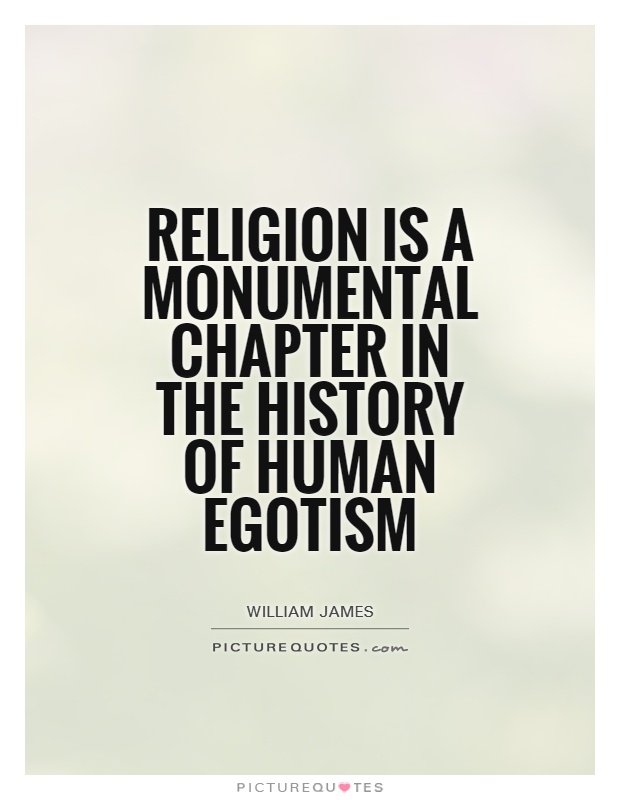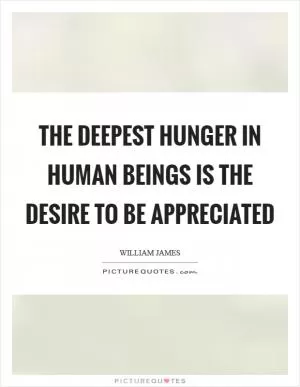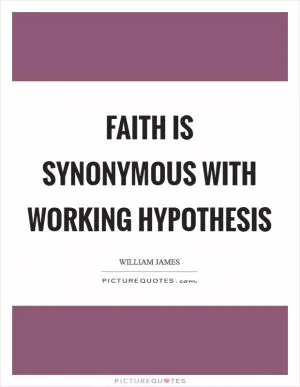Religion is a monumental chapter in the history of human egotism

Religion is a monumental chapter in the history of human egotism
William James, a prominent American philosopher and psychologist, once famously stated that "religion is a monumental chapter in the history of human egotism." This provocative statement sheds light on the complex relationship between religion and the human ego, and invites us to explore the ways in which religion has been used to satisfy our deepest desires for power, control, and self-importance.One interpretation of James' statement is that religion, throughout history, has often been used as a tool for individuals and groups to assert their superiority over others. From the Crusades to the Spanish Inquisition, religious beliefs have been manipulated to justify acts of violence, oppression, and discrimination in the name of a higher power. In these instances, religion becomes a means for individuals to elevate themselves above others, reinforcing their own sense of importance and righteousness.
Furthermore, James' statement can also be understood in the context of how religion has been used to fulfill our innate desire for meaning and purpose in life. By subscribing to a particular religious belief system, individuals are able to construct a narrative of their own significance in the grand scheme of the universe. This sense of belonging to a higher power can provide comfort and reassurance in the face of life's uncertainties, and can serve as a source of validation for one's own existence.
However, James' assertion also raises important questions about the potential dangers of religious egotism. When individuals become too attached to their own religious beliefs and identities, they may become closed off to alternative perspectives and ways of thinking. This can lead to intolerance, bigotry, and a lack of empathy towards those who do not share the same beliefs. In this sense, religion can become a barrier to true spiritual growth and enlightenment, as it reinforces the ego's need for validation and superiority.












 Friendship Quotes
Friendship Quotes Love Quotes
Love Quotes Life Quotes
Life Quotes Funny Quotes
Funny Quotes Motivational Quotes
Motivational Quotes Inspirational Quotes
Inspirational Quotes